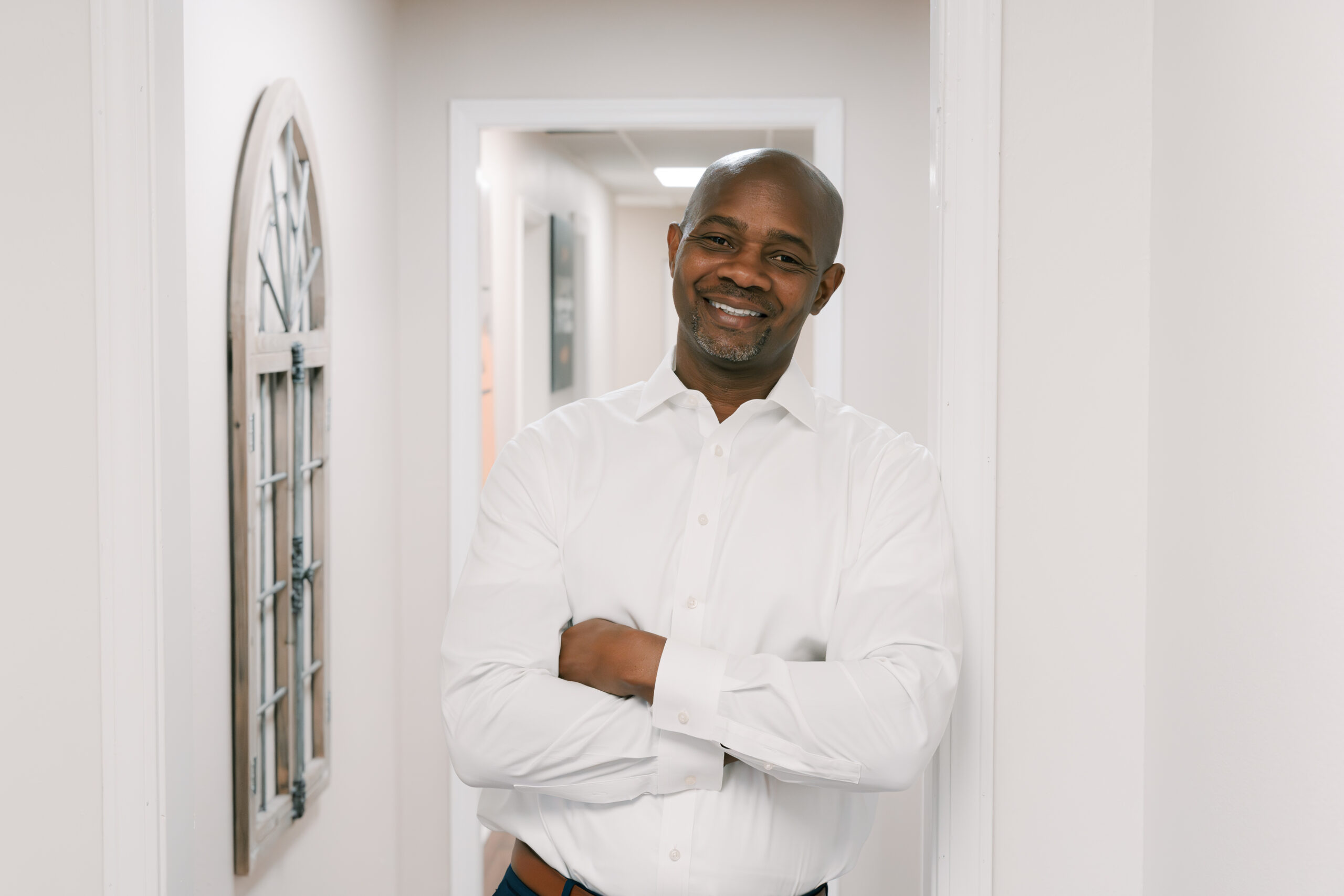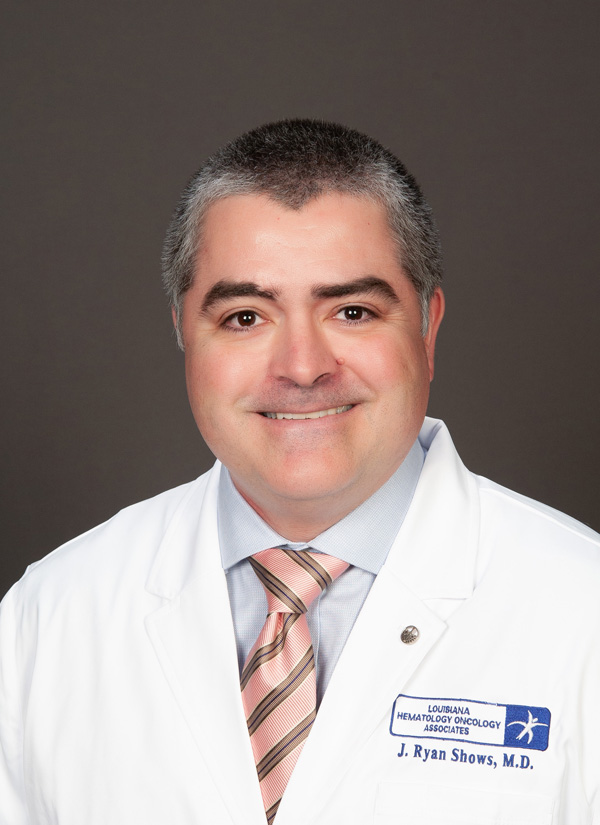For lots of folks, turning 50 represents an exciting landmark—the beginning of a new chapter, a renewed sense of self and a refreshed dedication to adventure. But among the celebrations, don’t ignore another vital milestone: getting a cancer screening. Sure, a colonoscopy doesn’t match a splurgy trip or an epic birthday party, but scheduling one when you turn 50 can turn out to be a real lifesaver.
Just ask Clinton, Louisiana, general contractor Christopher Hitchens, Sr.
Following his first colonoscopy in July 2023—two months after his 50th birthday Chris was shocked when his gastroenterologist reported finding a mass on his colon. The physician advised aggressive additional screening and treatment, and a subsequent CT scan revealed that the cancer had spread to Chris’s liver. Chris was placed in palliative care, which eased pain and provided comfort and stress relief while he subsequently underwent treatment.
“At that point, the results of all the scans said that I was Stage 4,” Chris recalled. “I thought, ‘this is a blow.’ ”

Chris experienced no symptoms. He exercised regularly, ate well and limited fried foods. Although the father of three still felt in his prime, Chris was part of a worrisome trend that has seen higher numbers of younger Americans being diagnosed with colorectal cancer. While rates have been declining slightly among older people since the mid-1980s, they increased by an average of 2.4% each year between 2012 to 2021 in patients younger than 50 years of age, according to the American Cancer Society.
“The crazy thing was I felt great,” he said. “It was a huge shock.”
Chris didn’t let the grim news deter his fight, though, and neither did his medical team at Mary Bird Perkins Cancer Center. Within two weeks, his doctors designed an individualized treatment strategy, including chemotherapy and surgery to remove eight inches of colon and about three inches of small intestine. The small amount of cancer detected in his liver was also surgically removed.
Throughout his treatment, a Mary Bird Perkins patient navigator helped Chris understand what was happening, connecting him with support services to facilitate the journey. His team also included a nutritionist who designed a diet program to help minimize the side effects of chemotherapy while ensuring that Chris kept getting enough protein.
Remarkably, Chris succeeded in remaining positive throughout his treatment, leaning on his family, his friends, and his deep Christian faith. Maintaining a strong, future-focused mindset was made easier by Mary Bird Perkins’ patient-centered culture, he says.
“They treated me not as a number, but as an individual,” Chris said. “I felt like they genuinely cared.”
Following his surgery and treatment, Chris has been cancer-free since February, 2024. He returns to Mary Bird regularly for scans, which have shown no sign of cancer, and maintains a healthy diet and exercise regimen—along with lots of prayer, he adds. Chris says he’s grateful to the healthcare professionals at Mary Bird Perkins for springing into action with such clarity and compassion.
“I could not have picked a better team of individuals to care for me,” Chris said. “From the person who greeted me when I walked in the building, to the person in the lab taking your blood, to Medical Oncologist Dr. Ryan Shows and his team, and to the nurses in the infusion lab—I mean, it was absolutely stellar.”
Above all, Chris says, he’s grateful for the science of early detection. Although reaching a 50th birthday is surely a milestone worth celebrating, when it comes to saving lives, a timely colonoscopy sometimes turns out to be the most important gift of all.
To determine if a screening is right for you, talk to your primary care physician or visit marybird.org/get-screened to access a free screening provided by generous community donors.

